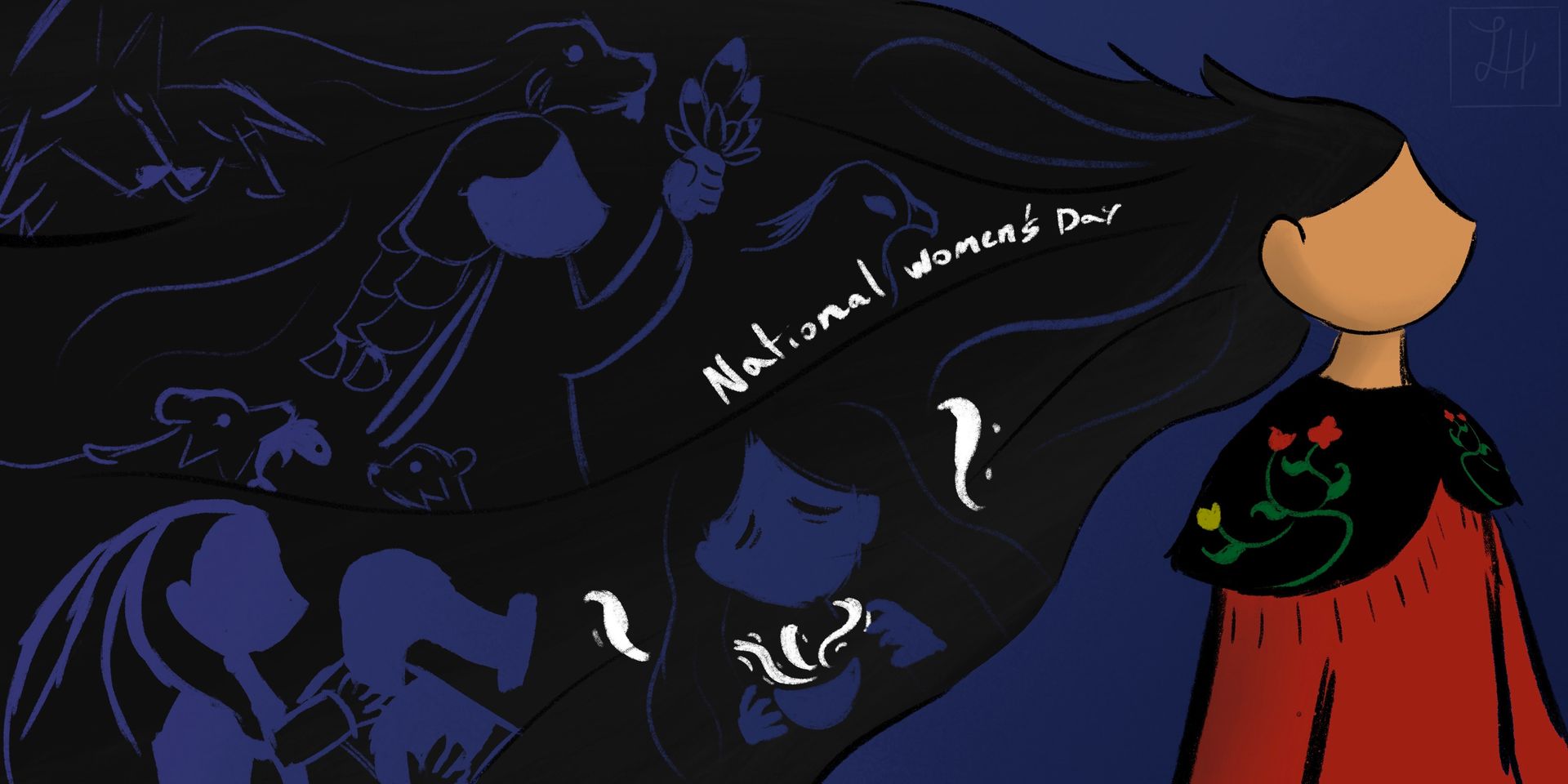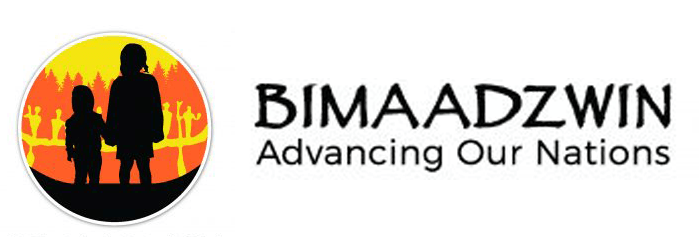Understanding Jordan's Principle: Accessing Supports for Indigenous Families
Message from Bimaadzwin CEO, Isadore Day
At Bimaadzwin, we are dedicated to advocating for justice, equity, and the well-being of Indigenous communities. Jordan’s Principle and the First Nations Child and Family Services Settlement represent critical steps toward addressing the inequities that have impacted our children and families for far too long.
These initiatives are not just about compensation or services—they are about restoring dignity, healing, and ensuring that future generations are not burdened by the injustices of the past.
As we move forward, it’s essential that we understand and access the supports available under Jordan’s Principle and the Settlement process.
Together, we can ensure that every child, every family, and every community has the opportunity to thrive. Jordan's Principle continues to be a cornerstone in ensuring equitable access to supports and services for First Nations children.
Jordan's Principle is a vital mechanism ensuring First Nations children can access the services and supports they need without delay or disruption due to jurisdictional disputes between federal and provincial/territorial governments. Named after Jordan River Anderson, a young Cree boy from Norway House Cree Nation who tragically spent his life in a hospital due to bureaucratic disagreements, this principle prioritizes the well-being of children over government procedures.
This article outlines what services are available under Jordan's Principle, how families can apply, and the documentation needed to access support:
What Can Jordan's Principle Provide?
Jordan's Principle ensures that First Nations children can receive the help they need when they need it. The services covered fall into three main categories:
Health Care:
Medical equipment and supplies
Assessments and therapies (e.g., speech therapy, occupational therapy, physiotherapy)
Mental health supports, including counseling and traditional healing practices
Education:
Specialized learning supports (e.g., tutoring, classroom aides)
Assistive technologies (e.g., tablets, software for learning disabilities)
School supplies, extracurricular activities, and transportation
Social Services:
Respite care
Cultural supports, including access to ceremonies and traditional knowledge keepers
Family supports, such as childcare services
Grocery Support
Food support reimbursement is one of the many supports available under this principle.
If you’re looking to apply for this assistance, here’s a comprehensive guide to navigate the process efficiently.
Steps to Apply:
1. Collect All Receipts: Start by gathering all grocery receipts that show the amount spent on food.
2. Photograph Each Receipt: Take clear photos of each receipt to ensure all details are visible.
3. Fill Out the Reimbursement Form: Complete the reimbursement form, making sure to include the total amount spent on groceries.
4. Attach Photos to Email: Attach a photo of the filled-out form and the receipt photos to an email.
5. Submit to Jordan’s Principle Office: Send the email to the Jordan’s Principle office designated for your region.
Each child is eligible for up to $500 per month for six months to cover food expenses.
It must be noted that there is currently a backlog of requests for support under Jordan’s Principle. Getting your requests in now is key, even if there are delays, you want to access these needed supports.
If you encounter any issues with your band office or local Jordan’s Principle office, or if you do not receive a response, you are encouraged to contact the provincial office for your region.
Contact Information for Provincial Offices:
· Ontario: Jordan’s Principle ON jordansprincipleon@sac-isc.gc.ca
· Alberta: Jordan’s Principle AB jordansprincipleab@sac-isc.gc.ca
· British Columbia: Jordan’s Principle BC jordansprinciplebc@sac-isc.gc.ca
Additionally, for those in other provinces:
· Manitoba: Jordan’s Principle MB jordansprinciplemb-principedejordan@sac-isc.gc.ca
· Saskatchewan: Jordan’s Principle SK principedejordansk_admission-jordansprinciplesk_intake@sac-isc.gc.ca
Please ensure that your applications are complete and submitted correctly to facilitate a smooth and efficient process.
Jordan's Principle also supports needs not typically covered, like travel costs for appointments or accommodations for caregivers. If a child's need promotes their well-being and is not otherwise funded, it may qualify under the principle.
Who Is Eligible?
Jordan's Principle applies to all First Nations children living on or off-reserve. Eligibility criteria focus on ensuring the child’s needs are met rather than placing limitations on where the child resides or their band membership status.
How to Apply for Support Under Jordan's Principle
The application process is straightforward and accessible. Here's how families can get started:
Contact the Jordan’s Principle Focal Point:
Families can call the Jordan’s Principle Call Centre at 1-855-JP-CHILD (1-855-572-4453). Local representatives are also available to assist families in navigating the process.
Work with a Service Coordinator:
Jordan’s Principle service coordinators are available to help families identify needs, gather documentation, and submit applications. These coordinators are often located through Indigenous organizations, First Nations band offices, or health centers.
Submit an Application:
Applications can be submitted directly to Indigenous Services Canada or through a service coordinator.
What Documents Are Needed?
To apply, families typically need to provide the following:
Identification:
Documentation confirming the child’s First Nations identity, such as a status card or band letter.
Details of the Request:
A clear description of the child’s need and the services or items being requested.
Supporting Documents:
Professional recommendations, such as letters from doctors, therapists, or educators, supporting the necessity of the service or equipment.
In urgent cases, families can still submit applications while gathering documents. The priority is ensuring the child receives timely support.
What Happens Next?
Once an application is submitted, it is reviewed by Indigenous Services Canada. The goal is to process requests quickly to prevent unnecessary delays in providing care or services. Families are notified of the decision, and if approved, arrangements are made to deliver the support.
If a family encounters challenges or feels a decision is unfair, there are mechanisms for appeal. Service coordinators can assist in this process as well.
Why Jordan's Principle Matters
Jordan's Principle is more than a policy; it is a commitment to equity, ensuring First Nations children receive the same standard of care and opportunity as other children in Canada. It is a reminder that every child deserves a chance to thrive, regardless of jurisdictional boundaries or bureaucratic hurdles.
For families seeking support, remember that help is available, and you are not alone. Reach out to local coordinators, community leaders, or the Jordan’s Principle Call Centre to begin the process.
Together, we can honor Jordan’s legacy by advocating for the well-being and dignity of every child.
For more information or assistance, visit the Government of Canada’s Jordan’s Principle webpage or connect with local Indigenous organizations in your area.
The information published here is current as of December 16, 2024, as with all government programs and offerings, they are subject to change without notice
Share this post on social media

